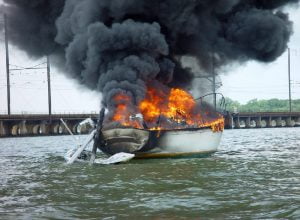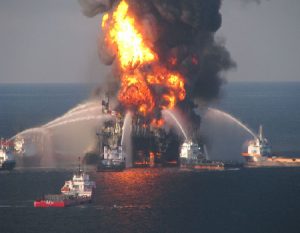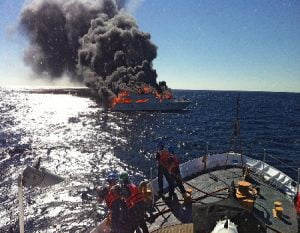Marine Fire Testing
Welcome To Ignito Labs
Marine fire testing is an essential aspect of ensuring the safety of marine vessels, their crew, and passengers. At Ignito Labs, we understand the importance of conducting thorough and reliable fire testing to minimize the risk of fires and promote safety at sea.
Marine fire testing is a process of evaluating the fire resistance of materials and components used in marine vessels. It involves subjecting the materials and components to a series of standardized tests designed to simulate the extreme conditions of a fire onboard a ship.
At Ignito Labs, we have state-of-the-art testing facilities and a team of experienced and knowledgeable engineers who can provide accurate and reliable fire testing results. Our services can help marine vessel manufacturers, operators, and regulators comply with safety standards and regulations and ensure the safety of passengers and crew.
The primary objective of marine fire testing is to ensure that the materials and components used in marine vessels can withstand the extreme heat, flames, and smoke generated during a fire. The testing process evaluates the materials and components’ ability to resist ignition, prevent the spread of flames, and maintain their structural integrity in the event of a fire.
The International Maritime Organization (IMO) Fire Test Procedure (FTP) Code 2010 sets out the fire safety standards for materials and components used in marine vessels. At Ignito Labs, we offer a comprehensive range of IMO FTP 2010 testing capabilities to help manufacturers, operators, and regulators comply with these stringent regulations.
Our testing capabilities cover a wide range of materials and components used in marine vessels, including upholstery, bedding, insulation, ceiling and wall linings, and floor coverings. We can conduct tests in accordance with the IMO FTP 2010 standards to evaluate the fire safety of these materials and components.
Our testing capabilities include:
Surface Flammability Test – This test evaluates the rate of flame spread over the surface of a material or component. We use a specially designed test apparatus to measure the material’s ignition time, flame spread rate, and heat release rate.
Smoke Density Test – This test measures the smoke density produced when a material or component is exposed to a flame. We use a smoke density chamber to assess the material’s smoke emission characteristics.
Heat Release Rate Test – This test measures the amount of heat released when a material or component is exposed to a flame. We use a cone calorimeter to assess the material’s fire performance and provide data on its heat release rate, smoke production, and flame spread.
Toxicity Test – This test measures the toxicity of the gases produced when a material or component is exposed to a flame. We use a toxicity chamber to evaluate the material’s impact on human health and safety.
Fire Resistance Test – This test evaluates the ability of a material or component to resist the spread of fire and maintain its structural integrity. We use a furnace to simulate fire conditions and assess the material’s fire resistance.





